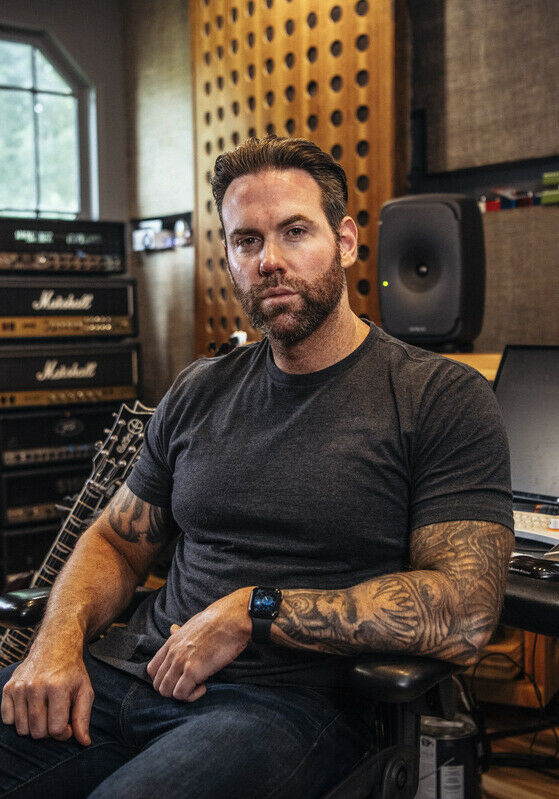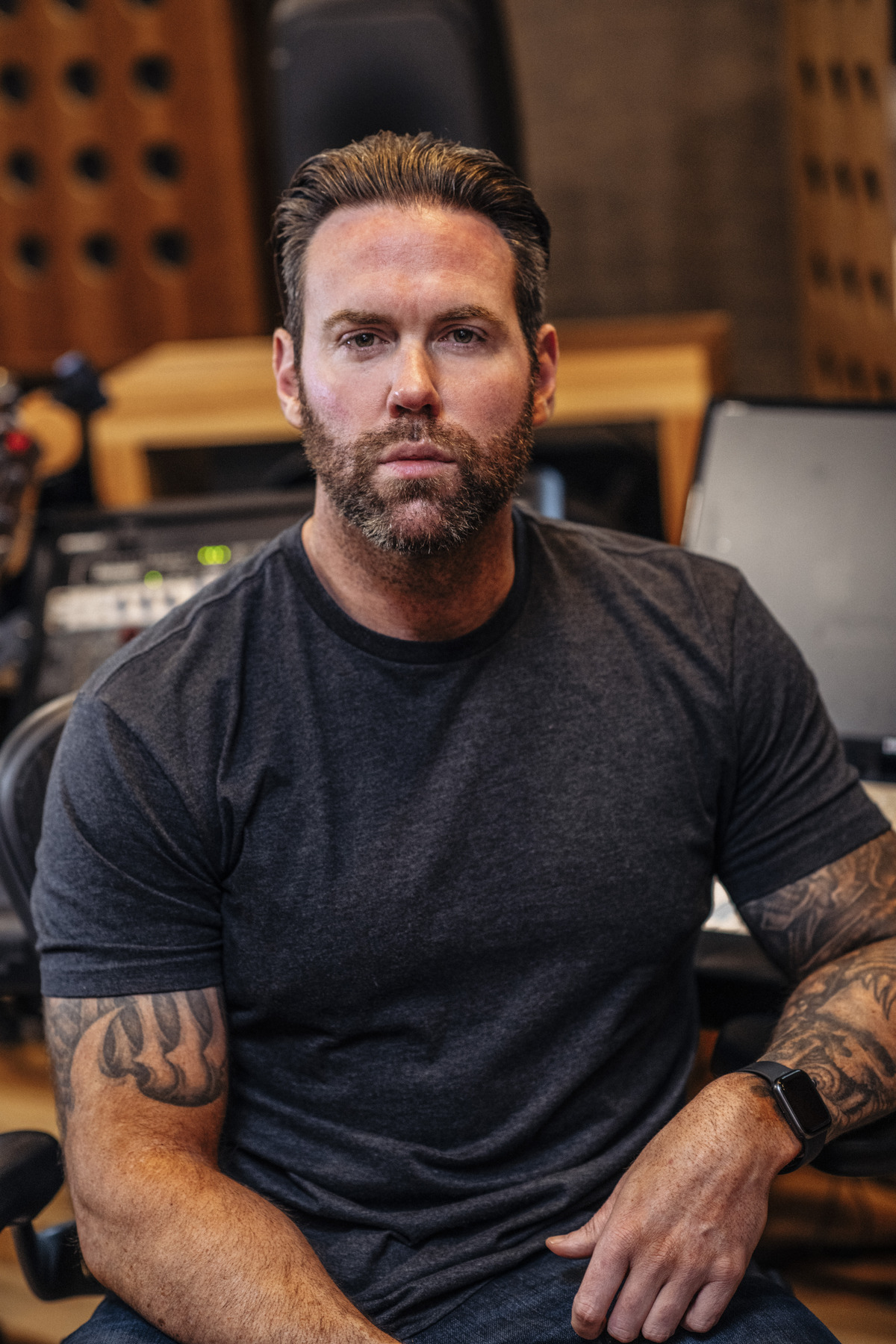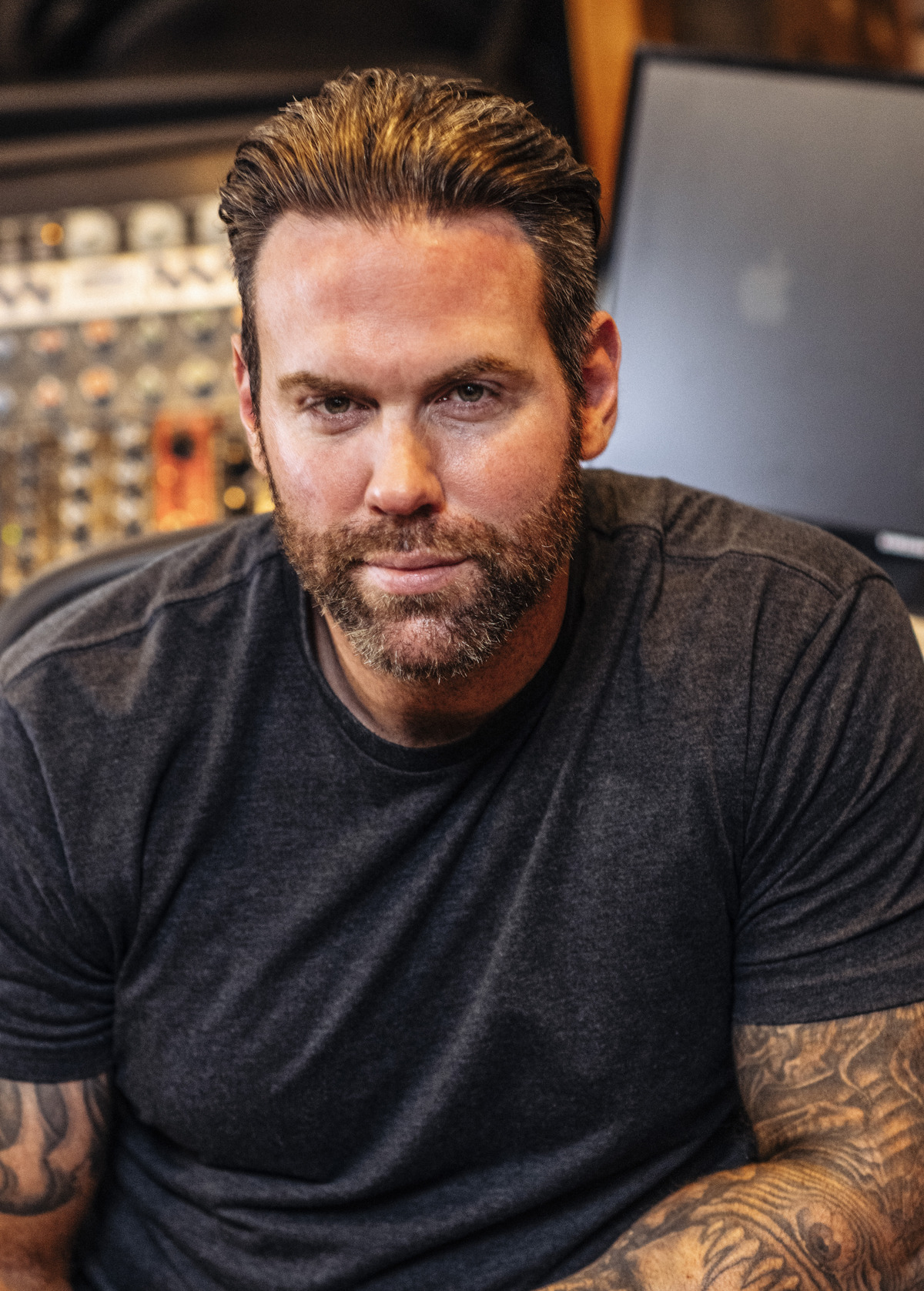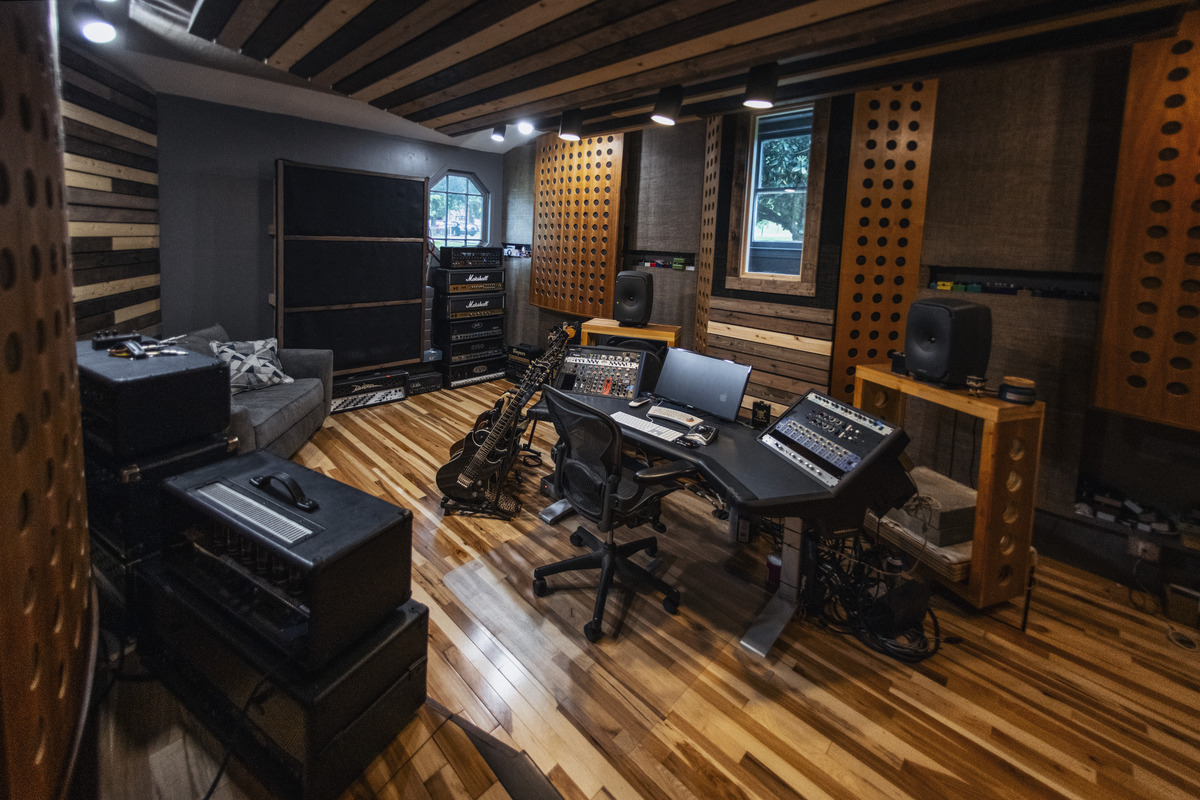American hard rock and heavy metal producer, mixer and engineer Mark Lewis has worked with bands including Bury Your Dead, Whitechapel, Battlecross, Cannibal Corpse Havok and Megadeth, and shows no sign of slowing down – recently completing mixes for death metal bands, Dying Fetus and 200 Stab wounds. Originally from the Southern Maryland area (via a stint in Orlando, Florida) he wound up being a go-to metal guy based out of Nashville, Tennessee. He explains why Megadeth’s Dave Mustaine didn’t like his re-mix of the band’s 1985’s Killing Is My Business... and Business Is Good! at first, and by how not trying to preserve the original was the best thing for it.
When people look at your heavy metal credits, they might be surprised to hear that you’re based in Nashville, the home of country music. How did you end up there while specialising in heavy rock and death metal?
I moved here about five and a half years ago. It’s probably the best town in the world to make records in. I tell people all the time that are thinking about moving here, firstly, if they're in audio, it's even better than New York or L.A.
Here, if something breaks, like if one of my old mics or preamps goes down, I have a replacement in 30 minutes. Whereas when I was in Orlando, if something broke it was either wait three days, or just find something different to replace it.
Every piece of gear in the world is here and everybody wants to help you. It's such a different vibe of work – the competition is just low. Maybe because I'm a metal guy in a country town!
As far as how I relate to Nashville, it's amazing how into heavy metal these people are. I meet a lot of country guys that play gigs here and they seem to almost seek me out. It's extremely flattering because they're like, ‘We love this stuff. We would love to do this for a living’. But I guess they like those cushy country gigs and I don't blame them. Long story short, the respect is really high for what we do here.
It's a great town for that and it's not what you would expect. I'm also seeing a lot of the pop and country guys cross over into the heavier stuff and they're hiring metal guys to play in their bands and they're making their shows heavier. It's not what I expected, for this stuff to be so pop culture, but here we are!






